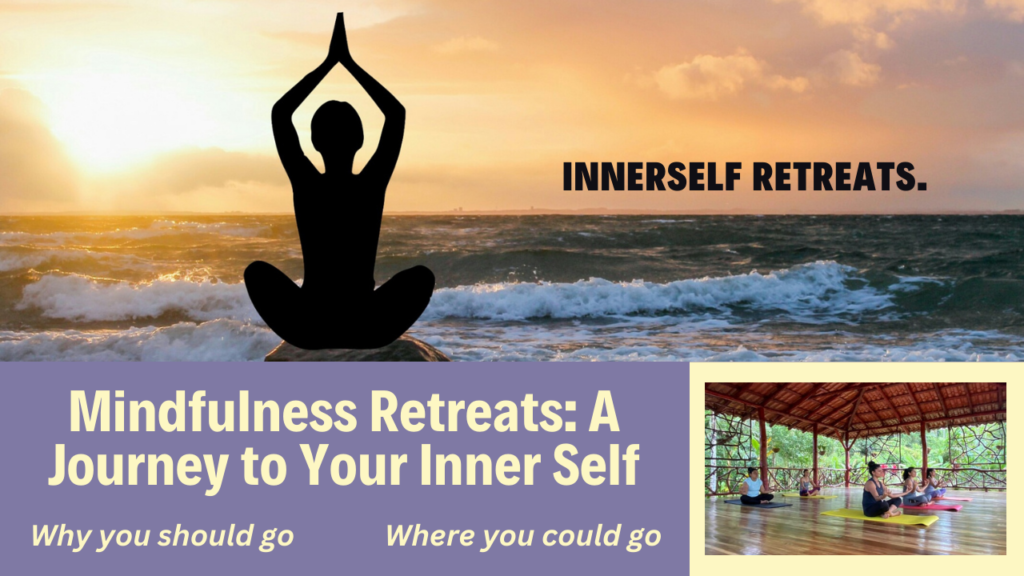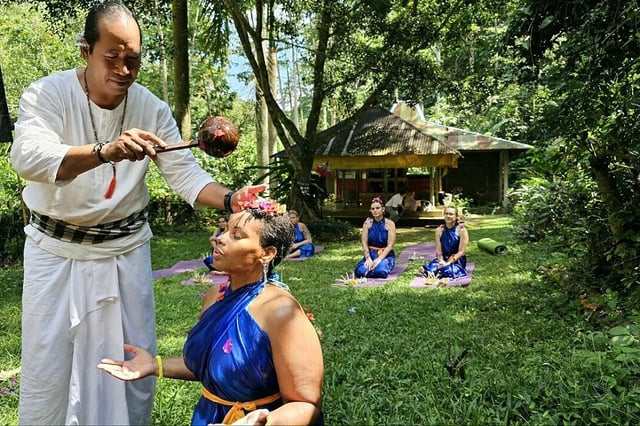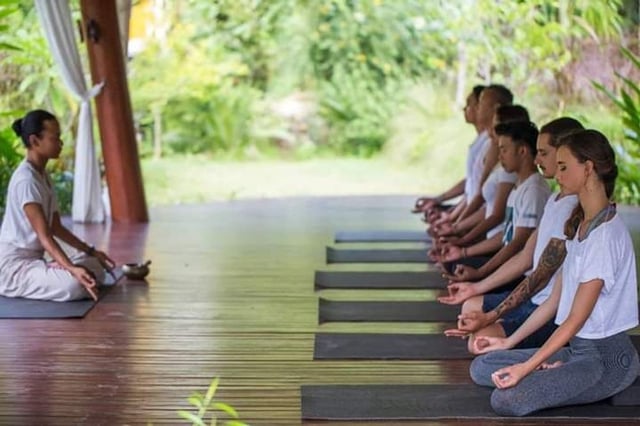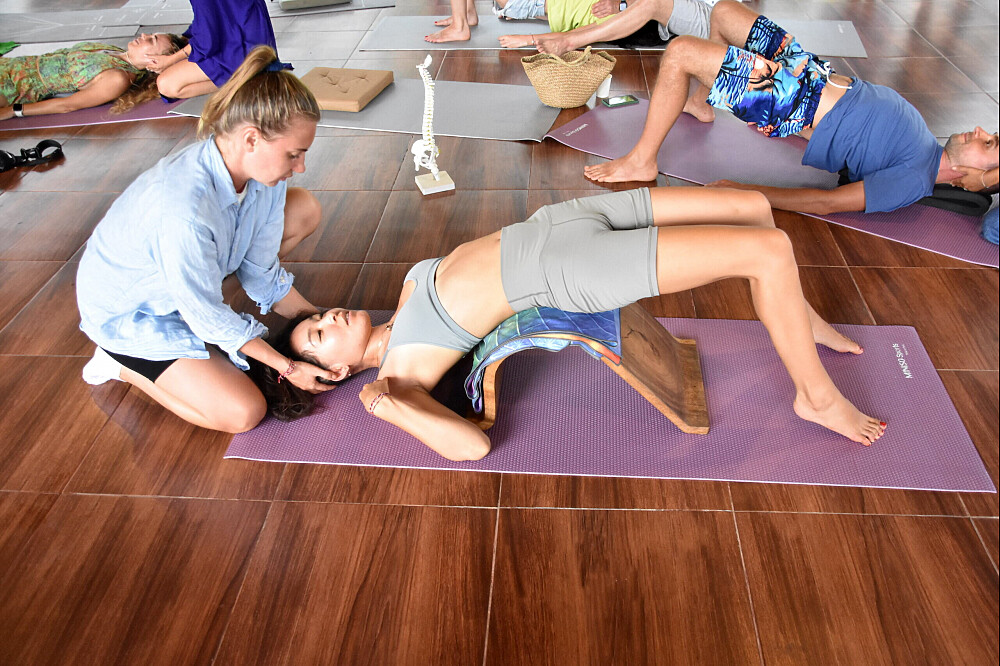
Mindfulness Retreats Introduction
Mindfulness retreats are not simply a weekend away from all your worries and responsibilities. It is rather a journey that you choose to make into a quiet location to work on your mindfulness. This is a state where you live completely in the present moment and experiencing the moment without any judgement. In a mindfulness retreat you are taken away from your everyday life routines and connected more with your inner self. This is a trip that is intended to help you understand your own feelings, ideas, and everything else happening with you as a person a little bit better.
An introduction to mindfulness in your daily life -> Cultivating Mindfulness as We Age
Advantages of Attending a Mindfulness Retreat

Beginning something new in your daily life
A retreat is an exciting experience, especially if you have never tried something like mindfulness exercises before. A retreat functions as a serious workshop where you will learn everything you need to know, and some extra techniques, as well as receive or purchase learning aids and materials. What’s more, the retreat is a rare opportunity to experience others practicing mindfulness as they learn alongside you and more experienced mentors who can guide you into the targeted state of mind. You can lay the foundation for mindfulness for the rest of your life during the retreat.
Finding your path and leaning into a new life change
Starting a new life chapter, be it retirement, career change, or a change in relationship status, can feel scary. A mindfulness retreat can serve as a lighthouse. It provides a quiet space which lets you stop the constant rushing and think about your past, present and future. The retreat can help you remember or find some new dreams, desires, ambitions, and values. This in turn will help you become strong and confident to go into that new stage of your life.
Healing after a traumatic or negative life event
Life’s adversities such as a job loss, divorce, or death of a loved one can leave us disoriented and overwhelmed. A mindfulness retreat may become a therapeutic haven at such times. It provides a conducive environment where you can process your feelings, build your resilience, and learn the art of dealing with change. Focused engagement in mindfulness practices may equip you with tools for managing stress, reducing your anxiety levels, and fostering a sense of peace and acceptance.
Types of Mindfulness Retreats

There are several types of mindfulness retreats geared towards meeting the diverse requirements and preferences of the attendees. Silent retreats involve intense meditation in an intimate setting, to foster deep reflection and churning of emotions. Silent retreats come in a range of durations, spanning from just a few days to an entire month, catering to individual preferences. Additionally, there are specific silent meditation retreats lasting either 3 or 5 days, which are particularly suited for beginners.
Five Mindfulness Retreat Options
Movement-oriented retreats involve activities such as yoga, Pilates, hiking, or walking mindfully to enable people to practice mindfulness in motion. Topic-specific retreats such as stress, grief, spiritual, or growth retreats target specific agendas. Attendee-specific retreats such as corporate teams, couples, or women’s retreats may also be held.
Activities During a Retreat

A typical mindfulness retreat may begin with a morning meditation session, followed by a mindful breakfast. Participants engage in activities led by an instructor or facilitator that may include yoga, thematic workshops on mindfulness, and group or personal reflection time. Retreats held in a natural setting may involve mindful walks in nature, such as a woodland or a beach, or offer art or sound healing therapies. The evenings may feature group reflections or some quiet time under the stars.
Food and Accommodations


Retreat accommodations vary, ranging from single rooms or shared double or family accommodations. Food may range from an elaborate organic menu to simple and nutritious fare.
Since accommodation at a mindfulness retreat is supposed to bring peace and simplicity, rooms are usually minimalist though cozy. Retreats vary, but usually, these are simple accommodations to stay alone or share with others, and here you can leave personal items or just sleep.
As for meals, almost all mindfulness retreats provide their guests with wholesome plant-based food options, that are prepared with care and awareness. Cooking classes are also taught at some of these institutions to bring more benefits and offer an opportunity to eat well.
Conclusion

A mindfulness retreat is a transformational journey that guides you to self-awareness, reflection, and inner peace. Whether you are new to mindfulness or wish to deepen your practice, experiences, and insights from such a retreat can truly change your life for the better. It is not just a withdrawal from the world but a retreat into yourself.

Pingback: Eight Heartwarming Ideas for Embracing Mother's Day -